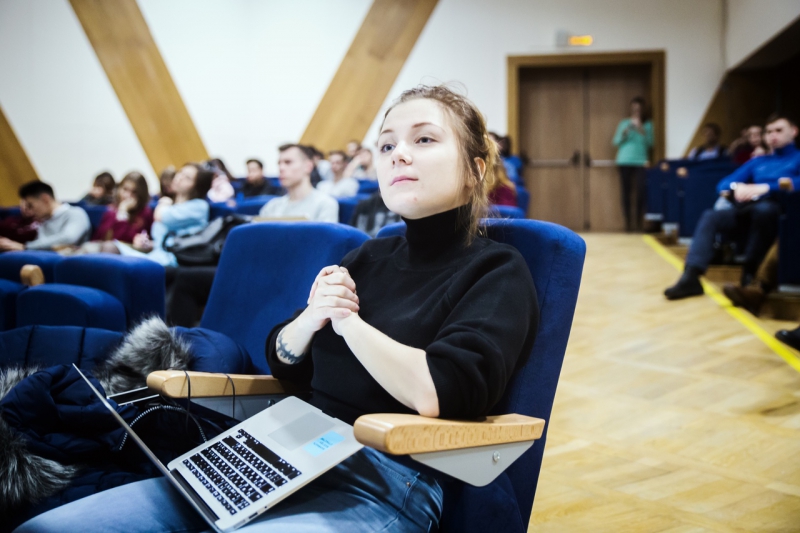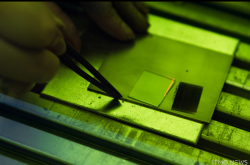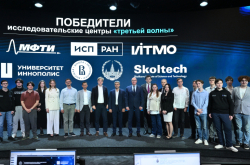Room 310 on the third floor of ITMO’s building at the Birzhevaya line – this is where the staff members of the Project Development Division work on bringing more grant financing to ITMO’s budget. When Igor Kuprienko presents his employees, he also mentions how much funding they brought to the university.
This is the place where a student or researcher can go to if they need help with filing a grant application. In order to do that, they have to complete the following steps.
Finding a grant contest
One of the first issues that fledgling researchers face is where to find information about grants, scholarships, internships and scientific contests that take place in Russia and abroad. According to Igor Kuprienko, there are two main options.
“We aim to present such information in an electronic format via our ISU system. The information is published in both the News section as well as a special Foundations and Contests section. This is a database that contains information on the currently available sources of funding. What’s more, I really recommend reading the ITMO.NEWS (just put in “internships” as a keyword). You can look for the university’s employees who are responsible for students’ internships, as well,” comments Mr. Kuprienko.
On the occasion, the head of the Project Development Division also asked to remind of the international contest that you can apply for till the end of fall.
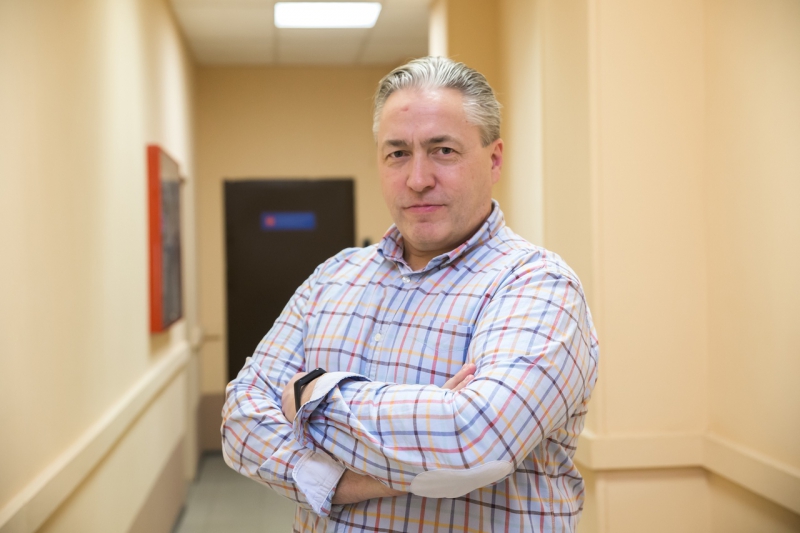
“In November, there will be another application round for the cross-border cooperation program between Russia and the EU. This way, those of our university’s members who have partners in South-Eastern Finland, at least one partner, that is, can file an application in November, the end of the application round being February 2019.”
You can also look for information on internships on the Internet, on the websites of international cooperation programs, web pages of major scientific foundations and the like.
“The Faculty of Technological Management and Innovations invited me to give lectures on project management for technical students. What I tell them is that they often can’t apply for contests on their own, but their research advisors, members of the teams they become part of can include them into a common grant. This is especially relevant to Master’s students: approach your research advisors, don’t be shy, ask them for it. The university’s researchers are often occupied by their daily work and fail to think about any additional options. A student can become the fresh blood and even be of help in looking for a grant,” adds Igor Kuprinenko.
Things to do before filing an application
After you found the contest you need, you shouldn’t hurry with your application. This was just the tip of an iceberg. First things first, your group of researchers has to be sure that they have all the essential competencies necessary to pass the selection.
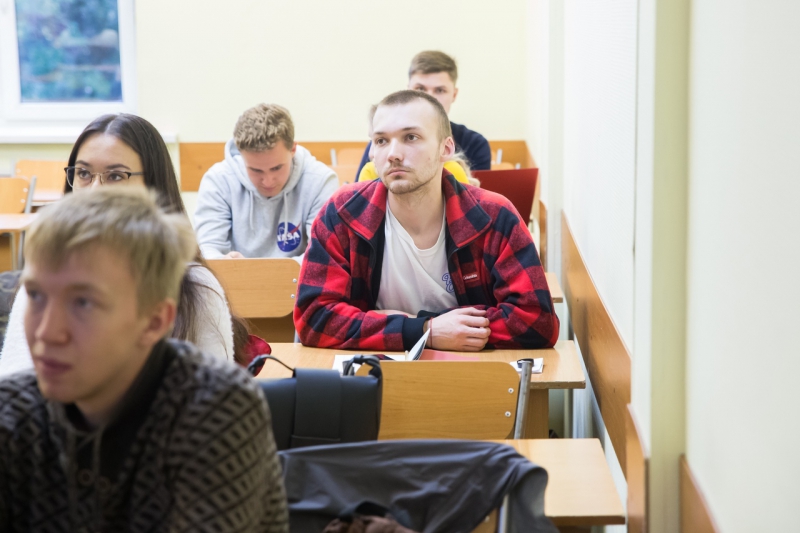
“It’s a good idea to read the contest’s documentation, it should have the details on the requirements. This way, you’ll be able to understand whether you can get into the contest from the scientific standpoint. Still, it can turn out that the competencies of your team are not enough, and you need to involve the knowledge of some other of our university’s units. This is what we can help with. Let’s say your project involves getting data with the help of a drone. You assemble the drone, but you need specialists in image processing, recognition and Big Data analysis. Always be looking for a partner! If you can’t find one, we’ll try to help, tell you who can partake in your search, depending on your funding source,” explains Mr. Kuprienko.
The presence of a partner is also determinative for participation in international projects. Members of the Project Development Division stress that without contacts abroad, you can’t really count on participation in major grant programs by European and American foundations.
“You can’t just come to us and say you want to participate in international programs. The first thing that I’ll ask you is whether you have a partner in another country. Well, on a rare occasion, we can offer help with finding one. Still, we do that only if an international partner turns to us for help: say, do you have anything on studying natural resources? And we remember that we have a team that’s working in this field. So you see, you have to understand that an international project is about partnerships, it is not chiefly about science and research but rather the people with whom you are working on it,” adds the head of the Project Development Division.
That being said, you shouldn’t dally with your application, as well. According to Mr. Kuprienko, you have to start working as soon as the information about the contest is published.
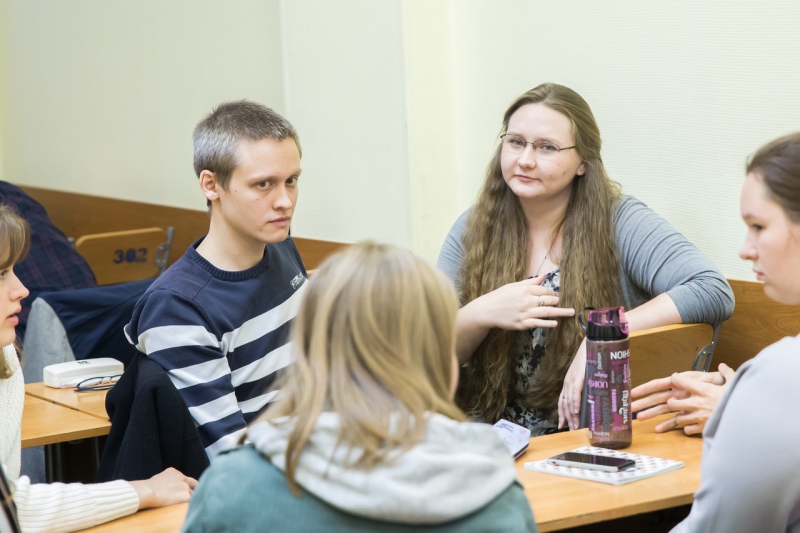
“If a project is an international one, you learn about it some three months before the application deadline. So you have to start working on it right on, writing an application can take from several days to a couple of weeks. But in order to do that, you have to take what you’ve already negotiated on with your partners and compose a draft. You need to start the negotiations three months before the deadline. The Finns, for example, would feel offended if we come to them a month before the deadline. Russian partners are more flexible, but if the project has a scientific focus, our researchers can also feel offended if you come to them at the last moment,” notes Igor Kuprienko.
Finally, you have to decide on the head of the team: traditionally, that would be the one with most experience and status in the scientific community. Then again, most projects require the involvement of a particular number of young specialists.
Filing an application
After you’ve assembled a team and found an international partner if you needed one, you have to focus on filing the application. This also calls for attention to every detail: even the style you write in can be of importance.
“When you are writing an application, you have to use the essential techniques, some kind of “spells” that you can usually find in a contest’s documentation. You have to read it carefully, which can be very hard for an unprepared person. We read those on a daily basis, so we can read it through with you and point out the things that you have to pay special attention to. We don’t write the application for you, but we give the essential consultations you need in order to make the application meet a contest’s requirements. The documentation contains the assessment criteria, and you need to have a full understanding of what you get points for. For example, if you get points for having both experts on science and on business in your team, we can tell you where to go, whom to look for and negotiate with in our city’s innovative environment,” explains Mr. Kuprienko.
Another important thing is that you need to write in detail what your team aims to do, why, when, how much will it cost and what the results will be. If you fail to do that, the funding will probably go to another research team.
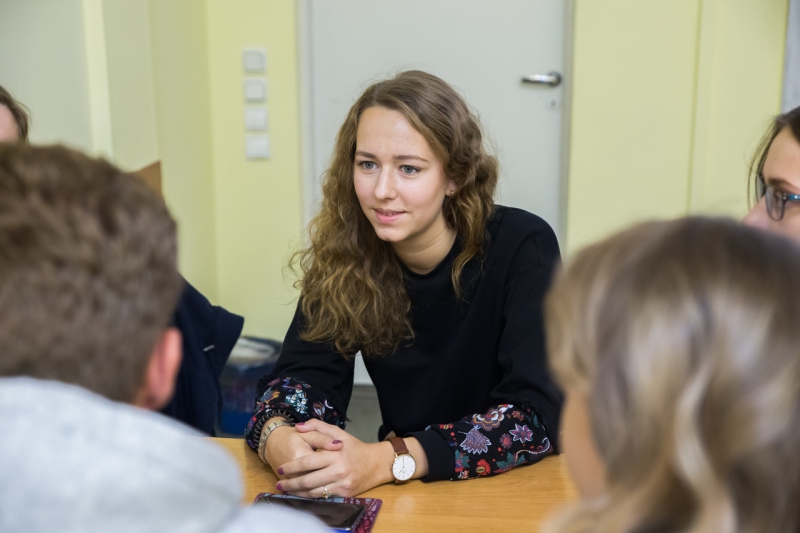
“When speaking about project management, I always tell my students that the worst words they can use are “we want to create a portal” or “we want to develop an application”. No investor will invest in such a project. It is unclear who will benefit from such a project or app. You need to know who will need it. People often say that their project is not a social one. Yet, there are no projects that aren’t social ones: if you can’t see the people at the end of your project, you’d better not start it at all. Let me give you a good example. A student comes to me with a project: a robot that you can cut. I ask him what’s it for. He answered me something that I can’t even recall. I repeat my question. He explains that the robot can be used to train surgeons on so that they’ll become better at operating on people. So I tell him: you see, your project is essential for saving people’s lives!”
Finally, the so-called project stability is also an important criterion, i.e. what will become of the project or invention after the grant’s expiry.
“This is what our division is for: to ask these hard-hitting questions, thus prompting the research team to look at their project from a different standpoint,” stresses the head of the Project Development Division.
Opportunities other than grants
Those students of ITMO University who can’t take part in grants yet can compete for participating in internships or getting scholarships from various foundations.
“There’s Erasmus+, a great program by the European Union. We have Daria Kozlova, our First Vice-Rector, she is the head of the Institute of International Development and Partnership. The Institute offers lots of support to students in applying for international internships. Every of our university’s students can go study abroad for one semester if they have a good command of English,” notes Mr. Kuprienko.
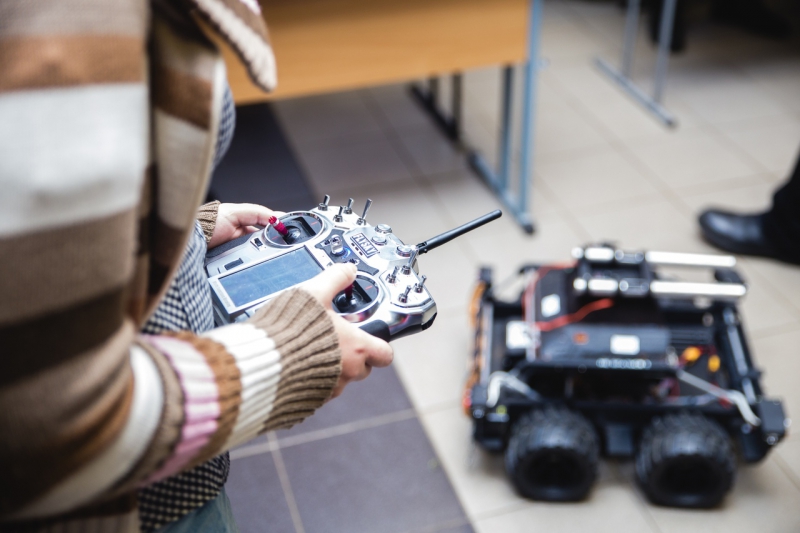
Scholarships are another good opportunity.
“If you’re a Master’s student and you have at least one research article, you can apply for one. In October, we will have the Potanin Foundation competition, where you can win a scholarship of 20,000 rubles per month till the end of your program, he adds. Also, the city of St. Petersburg offers financial support to students whose thesis topics correspond with the city’s interests.”
Finally, specialists at the Birzhevaya line can help those students who will soon graduate and have their own inventions, but want to develop as entrepreneurs rather than researchers.
“If you are thinking about launching your own business here at ITMO’s Technopark, you can come to us. We have a business accelerator and an international summer school where you can work on your idea. It’s free for ITMO students, all you have to do is to fill in an online application,” concludes Igor Kuprienko.
